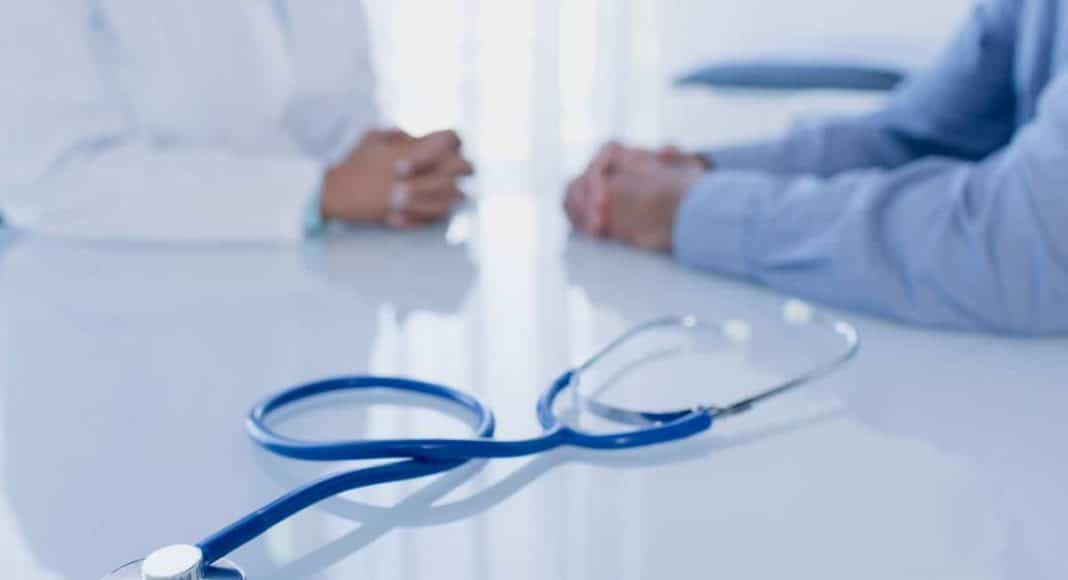While state officials predict that the medical marijuana program in Pennsylvania will be up and running within six months, doctors are getting their paperwork and training in to become certified medical cannabis physicians. So far 109 have been approved.
State officials say that over 300 doctors have registered for the program, the majority of them still completing the training and review process. Before the final review, physicians must complete a four hour training course and register with the state.
-
Related Story: Little-Known Health Effects Of Medical Marijuana
Dr. Adam Rothschild was approved in Allegheny County and has been inundated with calls since the list of doctors was released, primarily from interested persons who have one of the 17 qualifying conditions. Qualifying conditions include cancer, Parkinson’s disease, Multiple sclerosis, PTSD and other severe ailments like HIV/AIDS.
“There are a lot of patients who don’t get relief from conventional or even complementary medical therapies,” Rothschild said to Pennsylvania’s Tribune-Review. “Cannabis has been used successfully by many patients elsewhere. It is an incredibly safe drug, certainly when compared to opioids and even compared to aspirin. It has the potential to help a lot of people. I’m also not afraid of cannabis. I think a lot of physicians are afraid of this unknown.”
That statement is brave on Rothschild’s part. Many doctors dance around the cannabis issue and even those who recommend it often do so with the utmost of caution. A doctor should take caution when prescribing new medications, yet, as just pointed out, cannabis is more innocuous than aspirin and carries with it innumerable benefits that lead to relief.
Patients who qualify and have gotten their doctor’s recommendations will be able to go to a state licensed medical marijuana dispensary, which will be allowed to sell medical cannabis as oil, pills and creams, but not as flowers. They will also sell accessories in which to imbibe, including vaping devices.
“We cannot underestimate the role physicians have played in making sure that patients can access medical marijuana,” Physician General and acting Health Secretary Dr. Rachel Levine said in a statement. “Our physician workgroup also has been helping to make sure this program remains medically focused and an important tool in our medical toolkit.”
-
Related Story: Why Won’t My Doctor Prescribe Medical Marijuana For Me?
The list of approved doctors thus far can be found here, courtesy of Pennsylvania’s Department of Health.


